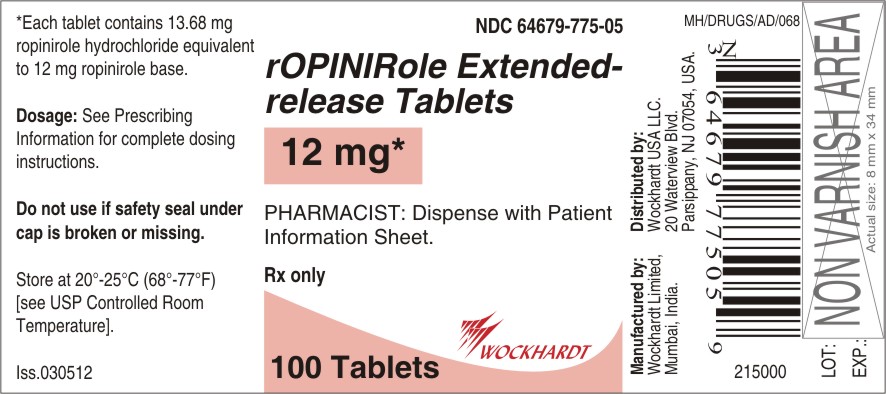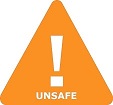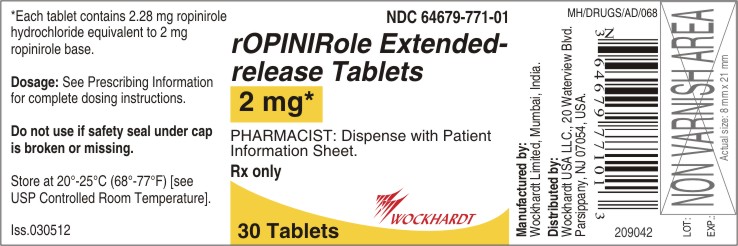
Ropinirole Hydrochloride Tablet, Film Coated, Extended Release while Breastfeeding
What is Ropinirole Hydrochloride Tablet, Film Coated, Extended Release used for?
Can I continue breastfeeding if I am using Ropinirole Hydrochloride Tablet, Film Coated, Extended Release? How long does it stays in breast milk?

8.3 Nursing Mothers Ropinirole inhibits prolactin secretion in humans and could potentially inhibit lactation. Ropinirole has been detected in the milk of lactating rats. Although many drugs are excreted in human milk, transfer of ropinirole into human milk has not been demonstrated. Due to the potential for serious adverse reactions in nursing infants, a decision should be made whether to discontinue nursing or to discontinue the drug, taking into account the importance of ropinirole to the mother.
17.7 Nursing Mothers. Because of the possibility that ropinirole may be excreted in breast milk, a decision should be made whether to discontinue nursing or to discontinue the drug, taking into account the importance of the drug to the mother [see Use in Specific Populations (8.3)]. Patients should be advised that ropinirole could inhibit lactation, as ropinirole inhibits prolactin secretion.
Ropinirole Hydrochloride Tablet, Film Coated, Extended Release Breastfeeding Analsys
Ropinirole while Breastfeeding
UnsafeCAS Number: 91374-20-8
Non-ergotamine and D2 /D3 Dopamine agonist drug.Indicated for Parkinson's disease and Restless Legs Syndrome (Evening dose). At latest update no published data on excretion into breast milk were found.Pharmacokinetic data do not allow easily predict the possibility of excretion into breastmilk, since a low protein-binding capacity would not prevent it, however, a large distribution volume would make it unlikely.Its low oral bioavailability which decreases even more when taken with meals, suggests that plasma concentration would reach a very low level in the infant, except during the neonatal period and in case of prematurity in which intestinal absorption may be increased.Side effects are neither frequent nor severe. Prolactin levels may be lowered with decreased production of breastmilk during the first weeks after birth.Gut absorption may be increased with higher plasma levels if taken together with Ciprofloxacin (Kaye 2000). Whenever it is used while breastfeeding, it would be wise avoiding it during the first 15 to 20 days and assess milk production and onset of nausea, drowsiness or irritability in infants.By waiting six hours after medication, excretion into breastmilk would possibly be lowered.
Ropinirole Hydrochloride Tablet, Film Coated, Extended Release Breastfeeding Analsys - 2
Ropinirole while Breastfeeding
CAS Number: 91374-21-9
No information is available on the use of ropinirole during breastfeeding, but it suppresses serum prolactin and may interfere with breastfeeding. An alternate drug may be preferred, especially while nursing a newborn or preterm infant.

What should I do if already breastfed my kid after using Ropinirole Hydrochloride Tablet, Film Coated, Extended Release?
If you observer abnormal behavior or any other health issue in infant then you should immediately call 911 or contact other contact other emergency service provider in your area otherwise closely monitor the baby and inform your doctor about your Ropinirole Hydrochloride Tablet, Film Coated, Extended Release usage and time interval of breastfeeding.
My doctor has prescribed me Ropinirole Hydrochloride Tablet, Film Coated, Extended Release, what should I do?
If your doctor knows that you are breastfeeding mother and still prescribes Ropinirole Hydrochloride Tablet, Film Coated, Extended Release then there must be good reason for that as Ropinirole Hydrochloride Tablet, Film Coated, Extended Release is considered unsafe, It usually happens when doctor finds that overall advantage of taking
If I am using Ropinirole Hydrochloride Tablet, Film Coated, Extended Release, will my baby need extra monitoring?
Yes, Extra monitoring is required if mother is using Ropinirole Hydrochloride Tablet, Film Coated, Extended Release and breastfeeding as it is considered unsafe for baby.
Who can I talk to if I have questions about usage of Ropinirole Hydrochloride Tablet, Film Coated, Extended Release in breastfeeding?
US
National Womens Health and Breastfeeding Helpline: 800-994-9662 (TDD 888-220-5446) 9 a.m. and 6 p.m. ET, Monday through Friday
UK
National Breastfeeding Helpline: 0300-100-0212 9.30am to 9.30pm, daily
Association of Breastfeeding Mothers: 0300-330-5453
La Leche League: 0345-120-2918
The Breastfeeding Network supporter line in Bengali and Sylheti: 0300-456-2421
National Childbirth Trust (NCT): 0300-330-0700
Australia
National Breastfeeding Helpline: 1800-686-268 24 hours a day, 7 days a week
Canada
Telehealth Ontario for breastfeeding: 1-866-797-0000 24 hours a day, 7 days a week
